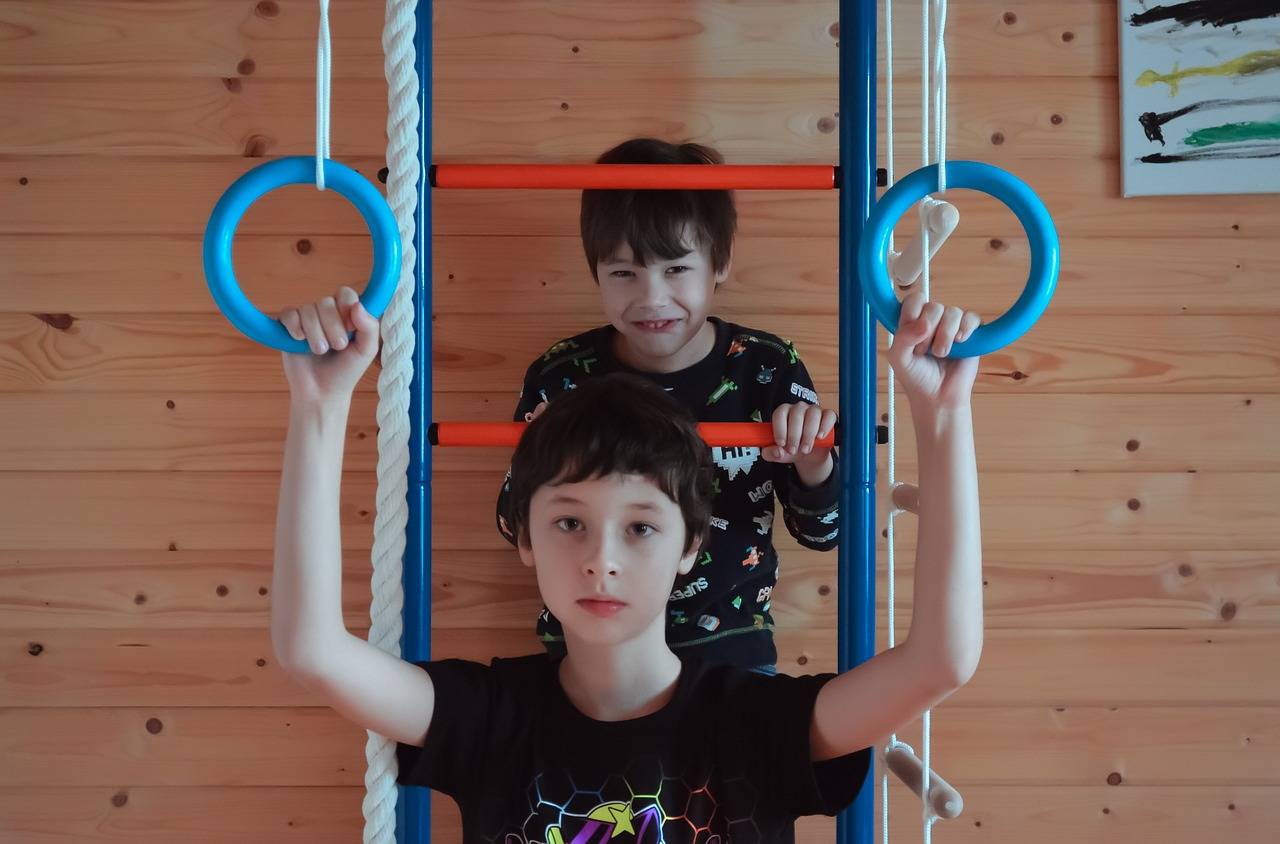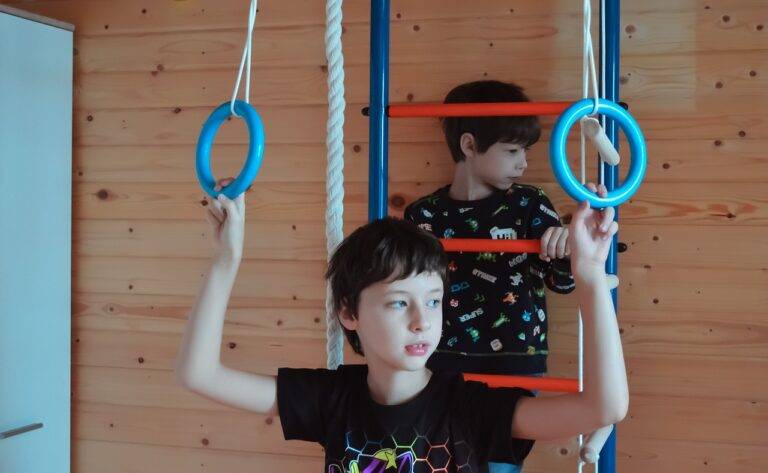The Future of AI in Virtual Reality Mental Health Assessments
Traditional mental health assessments face various challenges in today’s fast-paced and dynamic world. One major obstacle is the subjective nature of these assessments, relying heavily on the clinician’s interpretation of the patient’s responses and behaviors. This subjectivity can lead to inconsistencies in diagnoses and treatment plans, impacting the overall effectiveness of mental health care.
Additionally, traditional assessments may not always capture the nuances of an individual’s mental health issues, especially when dealing with complex or co-occurring disorders. This limitation can result in misdiagnosis or underdiagnosis, hindering the delivery of appropriate interventions and tailored care. Moreover, the lack of real-time monitoring and feedback in traditional assessments can make it challenging to track the progress of patients accurately and adjust treatment strategies accordingly.
Advantages of AI in Virtual Reality Assessments
Virtual reality assessments integrated with AI offer a cutting-edge approach to mental health evaluation. By leveraging AI algorithms, these assessments can analyze vast amounts of data in real-time, providing more accurate and personalized insights into a person’s mental well-being. This advanced technology can detect subtle patterns and nuances that may not be easily discernible in traditional assessments, leading to more precise diagnoses and treatment recommendations.
Moreover, AI in virtual reality assessments enhances accessibility and convenience for both patients and healthcare providers. Individuals can undergo assessments from the comfort of their own homes, eliminating the need for in-person visits to clinics or hospitals. This not only saves time and resources but also reduces barriers to seeking mental health support, particularly for those in remote or underserved areas. Healthcare professionals, on the other hand, can streamline their workflow by efficiently analyzing assessment results and tailoring treatment plans accordingly.
Integration of AI and Virtual Reality Technologies
Artificial Intelligence (AI) and Virtual Reality (VR) technologies have individually been making significant strides in various sectors, including healthcare. The integration of these two cutting-edge technologies has shown remarkable promise in revolutionizing the way mental health assessments are conducted. By combining the data processing capabilities of AI with the immersive environment of VR, it offers a more holistic and personalized approach to mental health evaluation.
One key advantage of integrating AI and VR technologies in mental health assessments is the ability to create simulated environments that closely mimic real-life situations. This allows mental health professionals to observe and analyze a patient’s response patterns in a controlled yet realistic setting. Additionally, the use of AI algorithms helps in processing large volumes of data collected during these VR sessions, enabling faster and more accurate identification of potential mental health issues.





